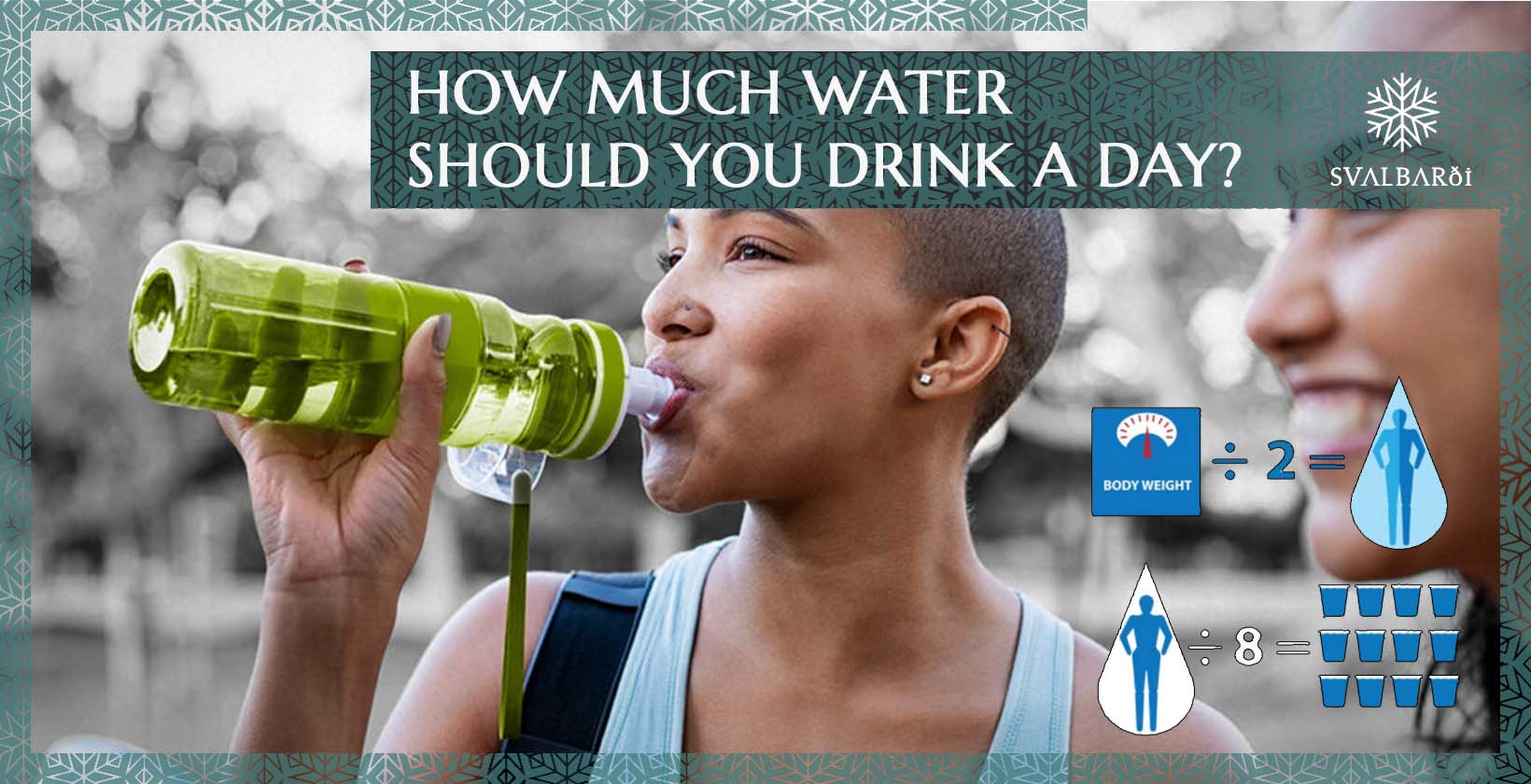Water is essential for life, constituting about 60% of our body weight and playing a crucial role in various bodily functions. From regulating body temperature to aiding digestion and nutrient absorption, staying hydrated is paramount for overall health and well-being. However, the question remains: How much water should you drink daily to maintain optimal hydration levels? Let’s delve deeper into this vital aspect of health.
Understanding Daily Water Intake
Determining the exact amount of water needed daily can be tricky, as individual requirements vary based on factors like age, gender, weight, activity level, climate, and overall health. The “8×8 rule,” which suggests drinking eight 8-ounce glasses of water per day, is a popular guideline. However, this recommendation isn’t universally applicable and may not suffice for everyone.
Factors Influencing Water Needs
Physical Activity: Sweating during exercise leads to fluid loss, increasing the body’s water requirements. It’s crucial to replenish lost fluids to maintain hydration levels and support optimal performance. Athletes and individuals with active lifestyles may need more water than those who are less active.
Climate and Environment: Hot and humid weather accelerates fluid loss through sweating, making it necessary to increase water intake to prevent dehydration. Similarly, high altitudes can also impact hydration levels due to increased respiratory water loss.
Tailoring Water Intake to Individual Needs
Rather than adhering strictly to a specific daily water intake goal, it’s essential to listen to your body and adjust your hydration habits accordingly. Pay attention to thirst cues, the color of your urine (pale yellow indicates proper hydration), and how you feel overall.
Moreover, incorporating water-rich foods like fruits and vegetables into your diet can contribute to your daily fluid intake. Foods such as watermelon, cucumbers, oranges, and tomatoes not only provide hydration but also essential vitamins, minerals, and antioxidants.
In conclusion, while there isn’t a one-size-fits-all answer to the question of how much water one should drink daily, staying mindful of individual needs and environmental factors is key. By prioritizing hydration and adopting healthy habits, you can ensure that your body receives adequate water to function optimally and support overall well-being.
Remember, water is not just a beverage; it’s a vital nutrient that sustains life. So, drink up and stay hydrated for a healthier, happier you!




